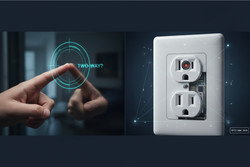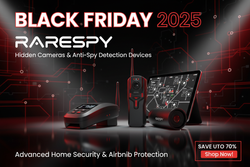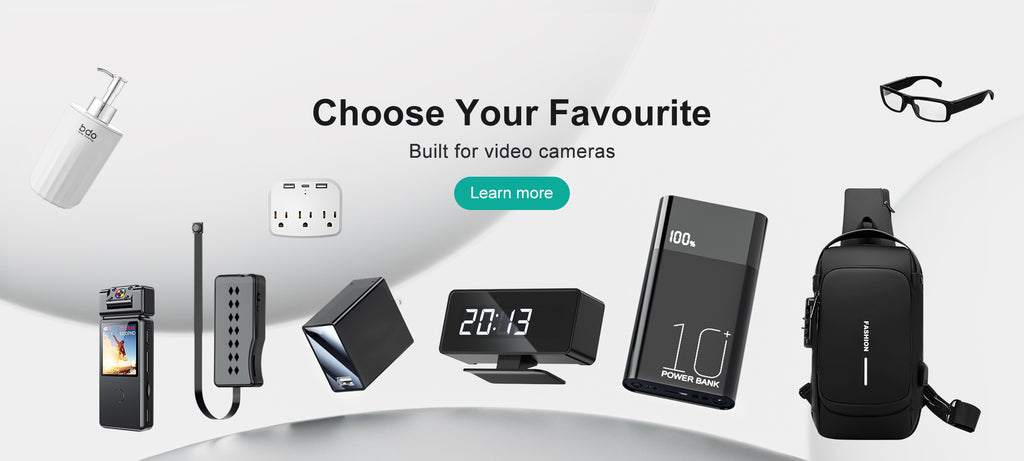The Secrets of Hidden Cameras: A Complete Guide by RareSpy
Have you ever wondered how hidden cameras work or why they’re used? These small yet powerful devices have captured attention worldwide—sometimes for good reasons like security, and other times for controversial purposes. In this comprehensive RareSpy guide, we’ll walk you through the technology, the types available, setup tips, and the crucial legal considerations you must know.
What Are Hidden Cameras?
Hidden cameras are surveillance devices designed to record video—or sometimes audio—without attracting attention. They’re typically disguised as everyday objects, allowing them to blend into environments without being noticed. From home security to pet monitoring, their applications are vast, but so are the responsibilities that come with using them.
Types of Hidden Cameras
Not all hidden cameras are the same. Choosing the right one depends on your purpose. Here are some common types:
| Type | Description | Best Use Cases |
|---|---|---|
| Button Cameras | Look like clothing buttons | Covert personal surveillance |
| Smoke Detector Cameras | Built into smoke alarms | Monitoring rooms discreetly |
| Clock Cameras | Designed as wall or desk clocks | Office & home use |
| USB Charger Cameras | Work as functional chargers | Stealth monitoring in plain sight |
| Wi-Fi Cameras | Stream live footage via apps | Remote security & nanny cams |
👉 Pro Tip by RareSpy: If you need portability, go for battery-powered USB charger or button cameras. If you want 24/7 reliability, wired Wi-Fi cameras are a better fit.
How Do Hidden Cameras Work?
Despite their discreet design, most hidden cameras share the same basic components:
-
Lens: Captures the scene.
-
Image Sensor (CMOS/CCD): Converts light into an electronic signal.
-
Processor: Enhances clarity, balances exposure, and compresses video files.
-
Storage: Saves footage on SD cards or streams to the cloud.
-
Power Source: Rechargeable batteries or direct plug-in for continuous use.
The sophistication of these components determines image quality, battery life, and overall performance.
Legal and Ethical Considerations
This is where things get serious. Using hidden cameras without understanding the law can land you in trouble.
-
Privacy Laws: Recording without consent is often illegal in private areas. Some regions are stricter about audio than video.
-
Consent Requirements: Workplaces often require disclosure. Transparency fosters trust and avoids lawsuits.
-
Global Differences:
-
United States – Laws vary by state; audio recording usually requires consent.
-
European Union – Strict privacy protections; consent is almost always needed.
-
Canada – Generally permissible for security, but consent recommended.
-
👉 RareSpy strongly recommends: Always check your local laws before installing a hidden camera.
Choosing the Right Hidden Camera
When shopping for a hidden camera, balance purpose, quality, and budget:
-
Purpose:
-
Home security → Night vision + motion detection.
-
Pet monitoring → Two-way audio features.
-
Childcare (nanny cams) → Wide-angle + HD video.
-
-
Wireless vs Wired:
-
Wireless: Easy placement, needs stable Wi-Fi.
-
Wired: More reliable, continuous power.
-
-
Features That Matter:
-
✅ 1080p or higher resolution
-
✅ Infrared night vision
-
✅ Motion alerts
-
✅ Remote smartphone access
-
Setting Up a Hidden Camera
Placement is everything. Even the best camera is useless if positioned poorly.
-
Living Areas: Corners provide a wide field of view.
-
Entry Points: Doors and hallways help track movement.
-
Nurseries: Angle toward the crib, while staying discreet.
Installation Tips:
-
Test the angle before final placement.
-
Conceal naturally—use décor or furniture, but don’t block the lens.
-
Ensure it’s charged or connected to power for uninterrupted use.
Managing Your Footage
Hidden cameras aren’t just about capturing; managing recordings is just as important.
-
Local Storage: SD cards are simple but require physical retrieval.
-
Cloud Storage: Offers remote access and safety against tampering.
-
Maintenance: Regularly delete old files to free up space and check camera functionality.
Ethical Use of Hidden Cameras
Surveillance is powerful—but with power comes responsibility.
-
Respect Privacy: Avoid unreasonable intrusions into personal spaces.
-
Build Trust: If cameras may affect family members or employees, open communication prevents conflicts.
-
Use Responsibly: Hidden cameras should enhance safety, not exploit privacy.
Conclusion
Hidden cameras can provide peace of mind when used properly—whether for protecting your home, watching over pets, or ensuring workplace safety. By understanding how they work, choosing the right type, and respecting the law, you’ll ensure that your use of surveillance technology is both effective and responsible.
👉 RareSpy’s mission is to help you stay informed, safe, and empowered with surveillance knowledge. Browse our other guides for more insights into spy and security technology.










